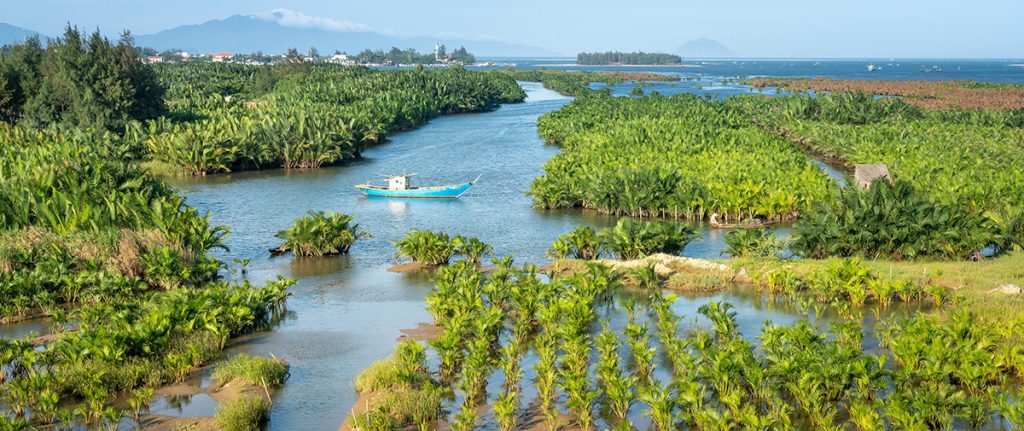
Brazil: A Global Powerhouse in Bioenergy
When it comes to bioenergy, few countries can match the achievements and potential of Brazil. With its vast agricultural resources, favorable climate, and decades of experience in renewable energy production, Brazil has emerged as a global leader in harnessing the power of biomass for energy generation.
Liquid Biofuels: A Legacy of Innovation
Brazil’s bioenergy success story is deeply rooted in its liquid biofuel industry, particularly bioethanol derived from sugarcane. The country’s pioneering ProAlcool program, launched in the 1970s, established a thriving bioethanol industry that has become a model for other nations seeking to reduce their dependence on fossil fuels.
Today, Brazil is the world’s second-largest producer of bioethanol, with companies like Raízen, São Martinho, and Biosev at the forefront of the industry. Renowned experts like Dr. José Goldemberg, a former Secretary of the Environment, and Dr. Isaías de Carvalho Macedo, from the National Reference Center on Biomass (CNPEM), have made significant contributions to the development of sustainable bioethanol production pathways.
Biogas and Biomethane: Emerging Opportunities
While liquid biofuels have been Brazil’s primary focus, the country is also making strides in other bioenergy formats, such as biogas and biomethane. The anaerobic digestion of organic waste materials, including animal manure and agricultural residues, has given rise to a growing biogas industry, with companies like Biogás Energia Ambiental and Geo Energética leading the way.
Biomethane, the purified form of biogas, is also gaining traction as a renewable substitute for natural gas. Companies like Comgás and Biometano have pioneered innovative projects, exploring the potential of biomethane for heating, power generation, and transportation purposes.
Solid Biomass and Residue Valorization
Brazil’s vast agricultural sector and forestry resources provide ample opportunities for the utilization of solid biomass and residue valorization. Companies like Fibria and Suzano are at the forefront of using forestry residues and black liquor for energy generation in their industrial processes.
Additionally, the country has made significant strides in developing advanced biofuels from agricultural residues, such as bagasse and corn stover. The Brazilian company GranBio has pioneered the development of second-generation bioethanol from these feedstocks, showcasing the potential for innovative biomass valorization strategies.
Renowned Experts and Research Institutions
Brazil boasts several renowned experts and research institutions dedicated to the advancement of bioenergy technologies and policies. Dr. Marcelo Khaled Carrión Velázquez from the Brazilian Biorenewables National Laboratory (LNBR) is a pioneer in the field of biomass conversion and biorefinery concepts, while Dr. Manoel Regis Lima Verde Leal from the Federal University of Rio de Janeiro is a leading expert in bioenergy sustainability and policy analysis.
The National Bioscience Laboratory (LNBio) and the Brazilian Bioethanol Science and Technology Laboratory (CTBE) are among the country’s premier research institutions focused on bioenergy and biofuels.
Breakthroughs and Developments
Brazil has witnessed several notable breakthroughs and developments in the bioenergy sector. For instance, the Brazilian company Amyris has developed a groundbreaking technology for converting sugarcane into high-value renewable chemicals and biofuels through synthetic biology and advanced fermentation processes.
Additionally, the Brazilian aerospace company Embraer has made significant strides in developing sustainable aviation fuel from sugarcane and other biomass sources, showcasing the potential for innovative bioenergy applications in the transportation sector.
Looking Ahead
As the world continues its transition towards a more sustainable energy future, Brazil is well-positioned to maintain its leadership in the bioenergy sector. With its vast biomass resources, a well-established biofuels industry, and a strong research and development ecosystem, the country is poised to play a pivotal role in shaping the global bioenergy landscape. Through ongoing innovation, supportive policies, and international collaboration, Brazil can contribute significantly to the global effort to reduce greenhouse gas emissions and promote energy security through renewable and sustainable bioenergy solutions.
